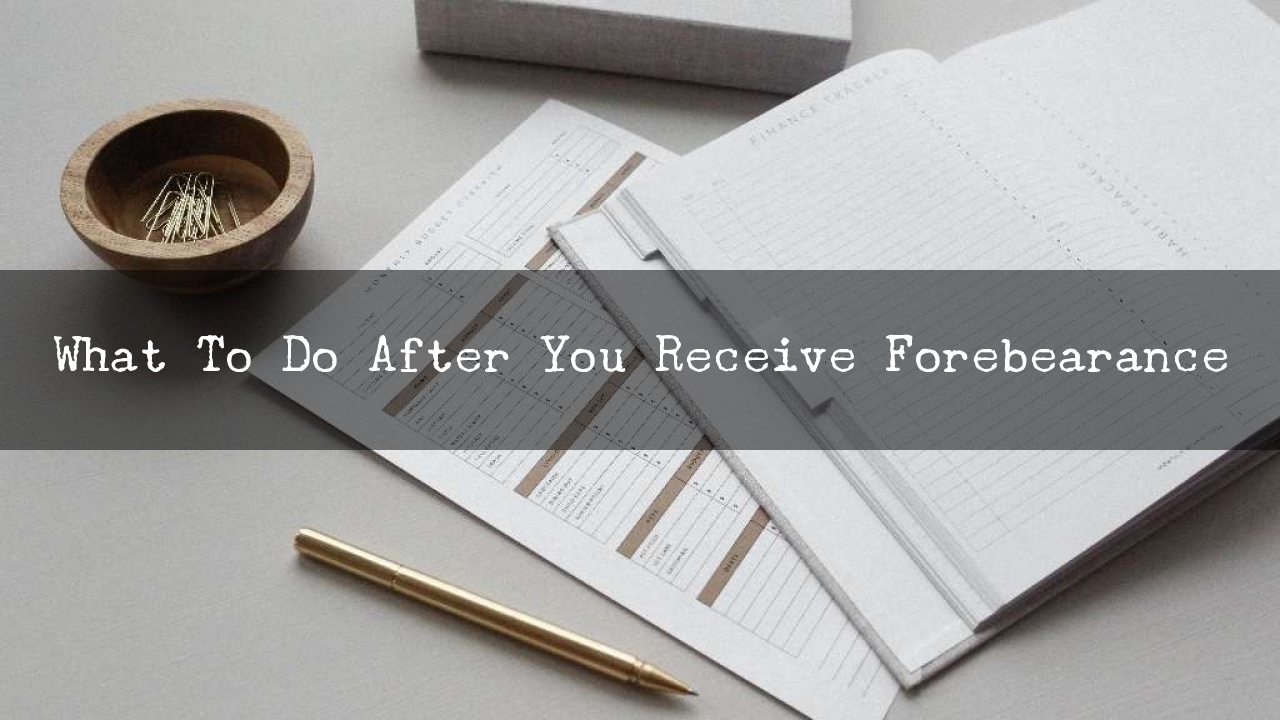What To Do After You Receive Forebearance
What To Do After You Receive Forebearance
While you’re in the forbearance period, or working under another mortgage relief option, there are a number of things to do to continue to protect yourself.
What to do immediately
This advice applies to both a CARES Act forbearance and other mortgage relief that you might receive.
- Keep written documentation on hand. You want to make sure that you have this documentation available in case there are any errors on your monthly mortgage statements to ensure that your statement reflects the assistance provided.
- Pay attention to your monthly mortgage statement. Continue monitoring your monthly mortgage statements to make sure you don’t see any errors.
- Stop or change auto-payments for your mortgage. If you are having your mortgage payment deducted automatically from your bank account, make sure you make any necessary adjustment to avoid any fees or charges.
- Keep an eye on your credit. It’s a good idea to routinely check your credit reports in order to make sure there are no errors or inaccuracies. You can check them weekly for free through April 2021. Servicers may report that your account is in forbearance. However, if you were otherwise current on your account and have received relief as defined by the CARES Act (referred to as an “accommodation” under the Act), your servicer or creditor is required to report your account as current. If you stop making mortgage payments without a forbearance agreement, the servicer will report this information to the credit reporting companies, and it can have a lasting negative impact on your credit history. If an error has been made, however, you can work to dispute it.
Get more information about CARES Act requirements and prohibitions regarding credit reporting and how to protect your credit during the coronavirus pandemic. - Once your income is restored, contact your servicer and resume your payments. With forbearance, you still owe the payments that you missed, but fewer missed payments mean you’ll owe less down the road.
- If you still face financial hardship, you can request a forbearance extension. Under the CARES Act, if you have a federally or GSE-backed mortgage, you also can request and obtain an extension of the forbearance for up to an additional 180 days.
- If you’re continuing to receive some income that turns out to be more than you need for your bills and expenses (including anything you keep paying on your mortgage), consider putting the extra money away so you can use it to pay off what’s needed later. If you can save any money now, it’ll be helpful when payments are due later.
- Your property taxes and insurance should continue to be paid by your servicer if your mortgage has an escrow account, but you may want to confirm that with your servicer. If your mortgage does not have an escrow account, you will be responsible for paying property taxes and insurance payments. You are responsible for making any HOA and condo fees during forbearance...

